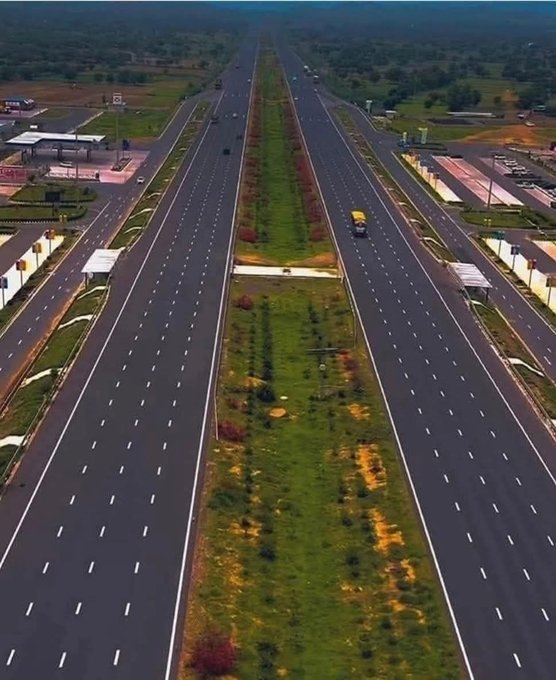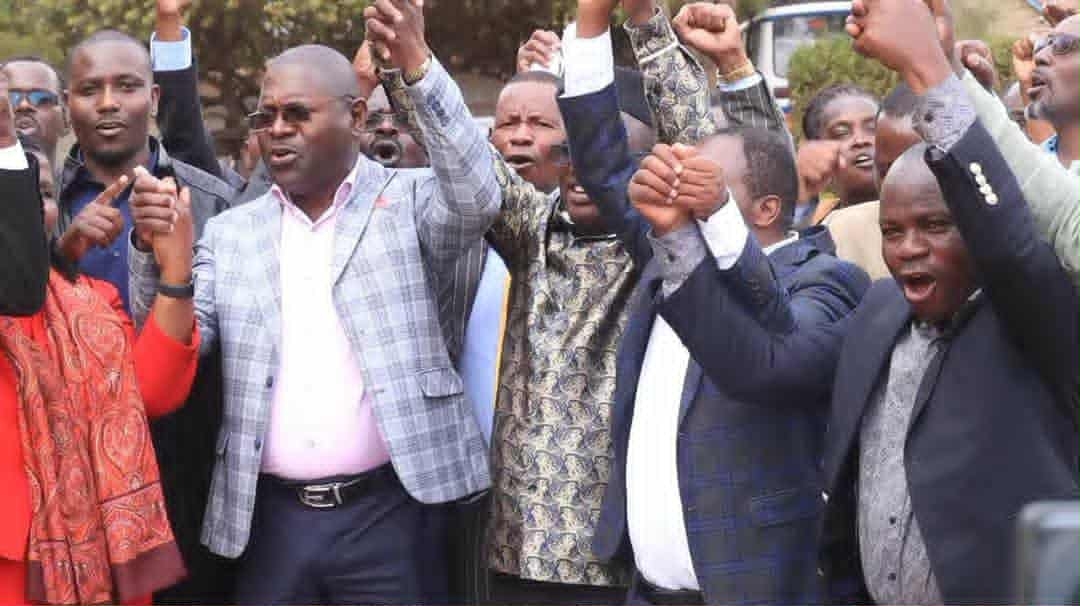Speaking on December 6, at River Enziu in Nguni, Mwingi, during a visit to witness rescue efforts and to console with the bereaved following the bus tragedy that claimed 33 lives, Kalonzo Musyoka promised to talk to President Uhuru Kenyatta and have a safe bridge erected to avert more deaths.
If he were president, he would have ordered the commencement of the work immediately. It is not easy to find such a dangerous bridge in the Mt Kenya region. Kenyatta made significant development in the region that Uhuru has further improved on.
The most widely acknowledged definition of politics is one by Prof David Easton, a Canadian-born American political scientist. He said that politics is the authoritative allocation of resources and values in the society, and the resolution of conflicts.
All people desire power to change their lives. Kenya’s ethnic communities, except for the urban centres, are mostly found in given geographical enclaves.
Democracy is said to have emanated from a realisation that, if men were equal in any way, then they must be equal absolutely, observed Aristotle. Aristotle once said that “it is not possible to rule well without having been ruled”.
He made one more statement, that “justice therefore demands that no one should do more ruling than being ruled, but that all should have their turn.”
Let us put the nations of Kenya into this frame of thought, because we have indeed a reality in the face of which we cannot bury our heads in the sand.
Uhuru Kenyatta, a son of the soil like all of us, is allowed to renege on any promise he makes. Every promise is conditional, and every day brings with it new things. We cannot demand perfection from a fellow man when we are all made fallible.
Again, we expect that Uhuru will keep his promise to uphold our Constitution rather than an agreement with one man. We should expect that he would do what is right rather than what is popular among a few groups, even those he directly belongs to or comes from.
Despite the ruling of the judges, he was right with the Building Bridges Initiative to the extent that there is a problem with a lack of inclusiveness in the Kenyan political system, especially the winner-take-all model that the constitution anchors.
As Uhuru made what may be his last state of the nation address on November 30, 2021, he belaboured political stability which he said would have been installed if the BBI had passed. “The need for political stabilisation is the most urgent task facing Kenya today, and it is the foundation upon, which our greater justice, fairness, health, wealth, and security will be built on. For that reason, it shall happen,” he said.
Uhuru is not isolated in his perspective because Kenya’s history backs him up steadily and solemnly.
“It is impossible for the whole to be happy unless all, or most or some, of its parts possess happiness,” again observed the philosopher. Everyone who was alive and sober knows that in Moi’s time most of the plum government jobs were held by the Kalenjin.
It is also true that Ruto appointed Kalenjins to all Cabinet and other slots the magnanimous Uhuru extended to him in 2013. Although government should be formed with the inclusion of all communities, if we are to be objective, it is those that form it that are left to make the choice to do so or not to.
It is only reasonable, that while we work to push for political inclusivity, we also allow other tribes to rule Kenya. The theory of Uhuru getting his 10 and then Ruto his 10 was a grave mistake that should never even have been explored in thought. It is the height of barbarism in politics. Ruto has every right to run for president, but other tribes have a right to produce the president as well.
Although I do not wish to push an agenda of tribal chauvinism, it is important to consider reality. Ruto calling himself a hustler and staking that he was not born from a ‘dynasty’ is not enough material to blindfold Kenyans from recalling Kenyatta’s 17-year rule and Moi’s 24, as Uhuru completes his 10.
Kenya has 43 tribes, and we must operate in a way that tells all of us that we are equal from all five dimensions of a human being: physically, intellectually, emotionally, spiritually, and socially.
Either Kalonzo, Raila, Mudavadi, or others can ascend to the rulership of Kenya, but we should not always oscillate between two tribes, not unless we are a dictatorship, or are bewitched by a neighbouring country like a former lecturer of mine used to say.
The people of Mt Kenya must become selfless, even though the political class, most of whom Ruto rigged in through Jubilee nominations, are beholden to him. Everyone must get aboard the ship of making Kenya better for all.
Is it possible that, if the law permits, that the 2022 election can involve constitutional changes to try and induce inclusivity and even deny a few communities dominant leadership of the country?
Kenya belongs to all of us. Equity in resources allocation, and the increase of it from Sh365 billion to Sh565 billion is overdue. The economy is fixed by technocrats and not presidents, and while economic improvement is required, stability and more effective devolution will make Kenya better.






![[PHOTOS] Council of Governors visits Raila's grave](/_next/image?url=https%3A%2F%2Fcdn.radioafrica.digital%2Fimage%2F2025%2F10%2F59c8111a-6f0d-4719-8587-7e965c4bdd34.jpg&w=3840&q=100)





